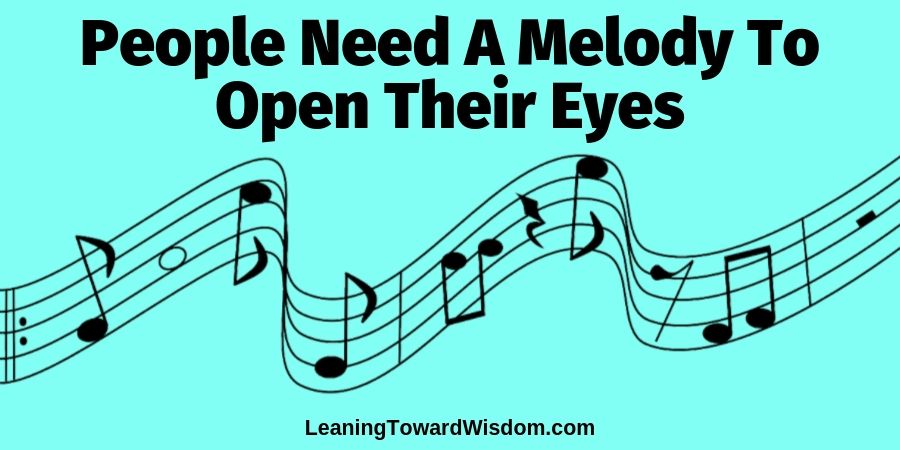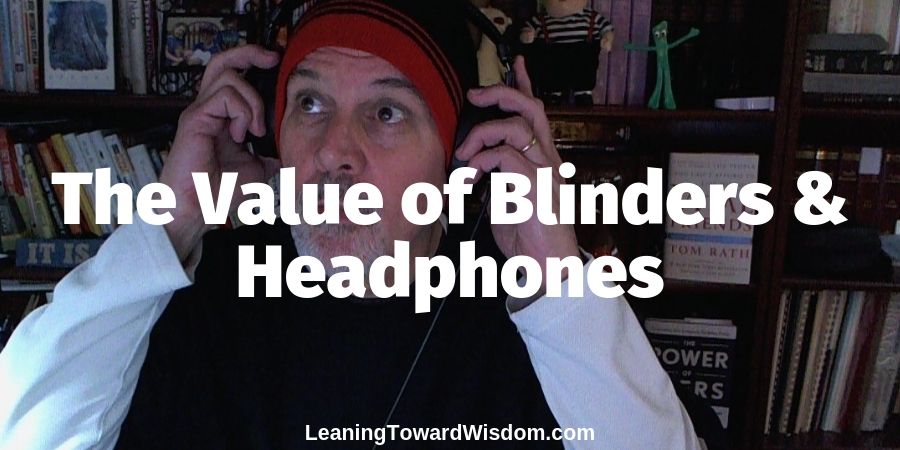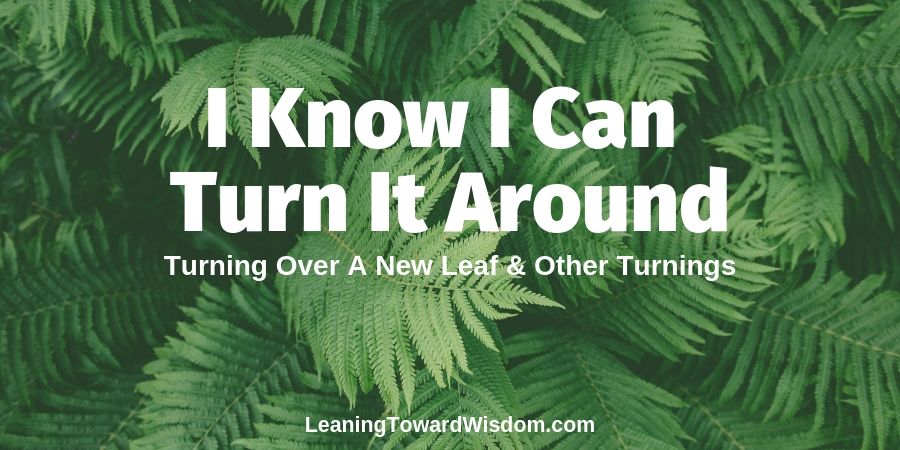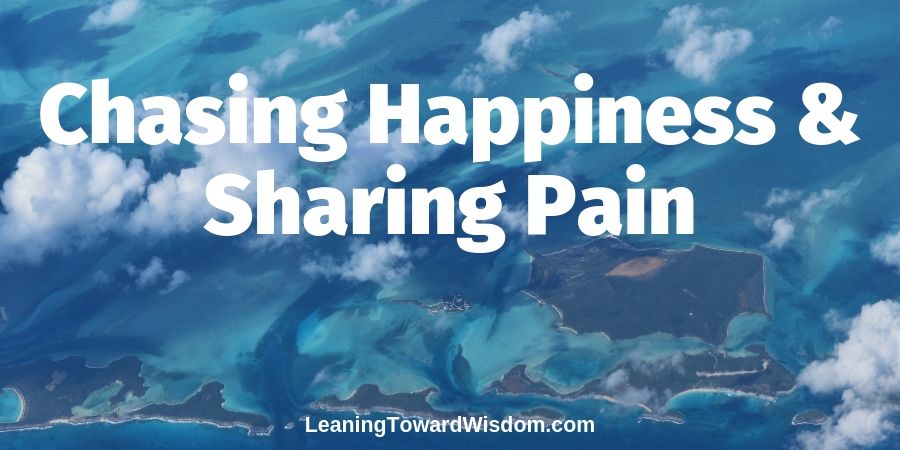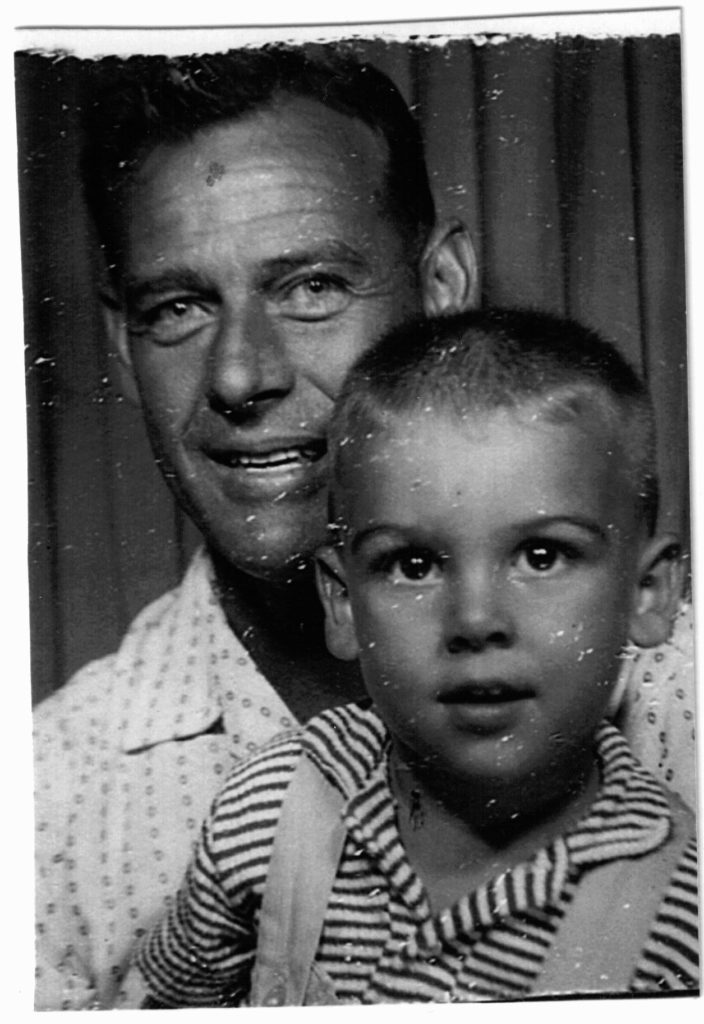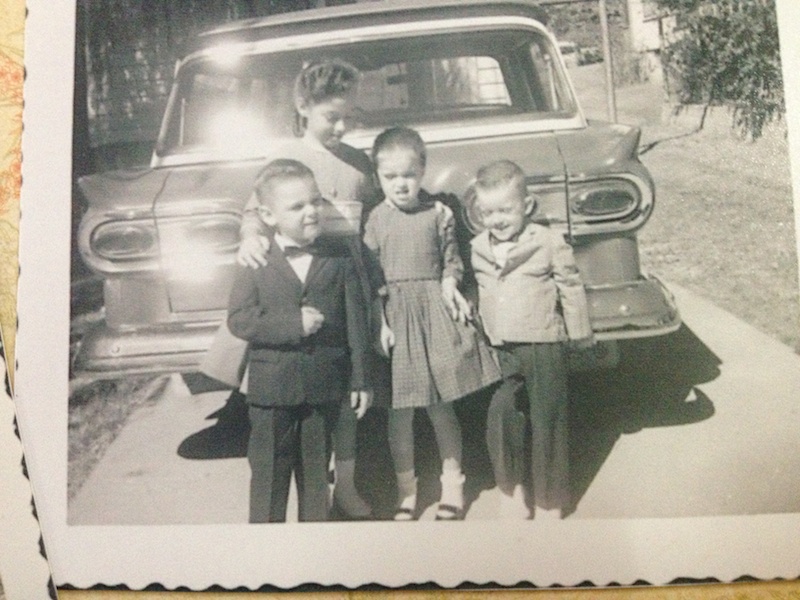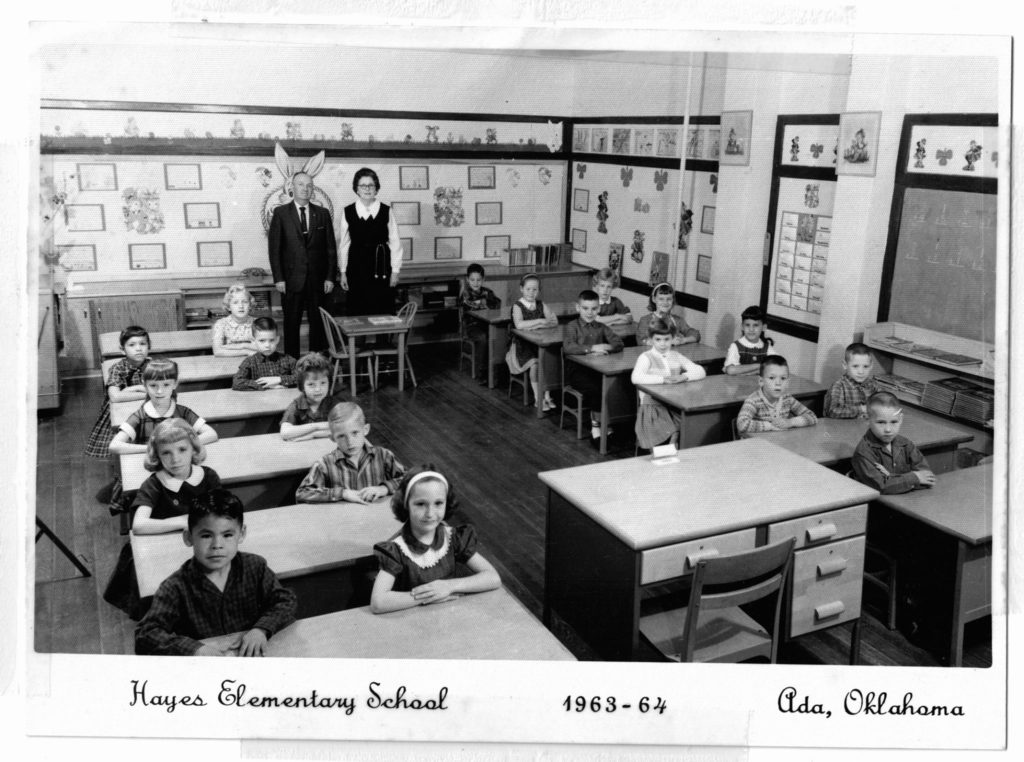People Need A Melody To Open Their Eyes – LTW5038
Podcast: Play in new window | Download (Duration: 49:12 — 56.5MB)
Subscribe: Apple Podcasts | Spotify | iHeartRadio | Email | RSS | More
 Thirty-nine years today – around 6 am – August 17, 1980, a Sunday morning – we had a baby boy. We named him Ryan Dale. And it changed our lives forever. In all the best ways. We were now parents.
Thirty-nine years today – around 6 am – August 17, 1980, a Sunday morning – we had a baby boy. We named him Ryan Dale. And it changed our lives forever. In all the best ways. We were now parents.
Today, he’s all grown up. A father of three. A successful business owner, TruVision Property Inspections. A Christian.
It’s fitting that I recorded an episode on his birthday. And it’s even more fitting that I crafted this particular episode.
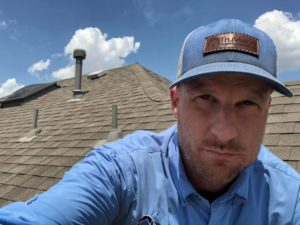 My son makes me better in every way and provides a profitable melody that has definitely helped open my eyes through the years. Lord willing, we’ll have many more melodies yet to come.
My son makes me better in every way and provides a profitable melody that has definitely helped open my eyes through the years. Lord willing, we’ll have many more melodies yet to come.
Enjoy the show!
‘Cause people need a melody to open their eyes
Like a key to a memory frozen in time
Holding onto everything, you’re stuck in the past
Boy, when you gonna learn the world moves fast?
The record is by The Head And The Heart. It was released back in May (2019). It hasn’t been very well received by critics. I’m a fan of the band, but this record wouldn’t likely make my top 3 for them. Even so, this track got my attention right away when the album was released. And I admit the rest of the record sort of grew on me.
You know I’m a sucker for compelling lyrics, which is why this track – People Need A Melody – got my attention.
People need a melody to open their eyes
I’ve walked a bunch of miles with this song playing in my headphones. Mostly during the hours of darkness. Ironic that a lyric about opening your eyes to see something more clearly has been listened mostly while walking in the dark. With no light other than what the moon provides.
When I first heard the lyric I admit it caused me to remember something from the Bible in 1st Samuel chapter 16. King Saul was tormented, but when David played his harp and then Saul felt better.
Arthur Schopenhauer was a German philosopher and lecturer known as the “philosopher of pessimism.” Now that’s a moniker one could wear proudly, huh?
I don’t know of his work and knew nothing of him until I began to search for who people claim first said, “Music soothes the soul.” Doesn’t much matter who said it because I know it originated in that story of King Saul in the Old Testament. Music soothed his savage soul.
But the words written by Mr. Schopenhauer were interesting to me.
It has always been said that music is the language of feeling and of passion, as words are the language of reason.
Now the nature of man consists in this, that his will strives, is satisfied and strives anew, and so on forever. Indeed, his happiness and well-being consist simply in the quick transition from wish to satisfaction, and from satisfaction to a new wish. For the absence of satisfaction is suffering, the empty longing for a new wish, languor, ennui. And corresponding to this, the nature of melody is a constant digression and deviation from the keynote in a thousand ways, not only to the harmonious intervals to the third and dominant, but to every tone, to the dissonant sevenths and to the superfluous degrees; yet there always follows a constant return to the keynote.
I know enough music theory to be dangerous. Dangerous to music theory, that is. 😉 But I have a basic understanding of what Art wrote.
Music and melody is a great, great gift.
I don’t trust anybody who doesn’t love music. Nor am I likely to enjoy their company. #JustSaying
These ideas – sparked in part by this song – is why I recorded episode 5037 about shutting out the noise and the sights that would distract us from being our best. Last week’s show was based on the latter half of the lyrics of the chorus…
Holding onto everything, you’re stuck in the past
Boy, when you gonna learn the world moves fast?
I’m fond of this idea, posed as a question…
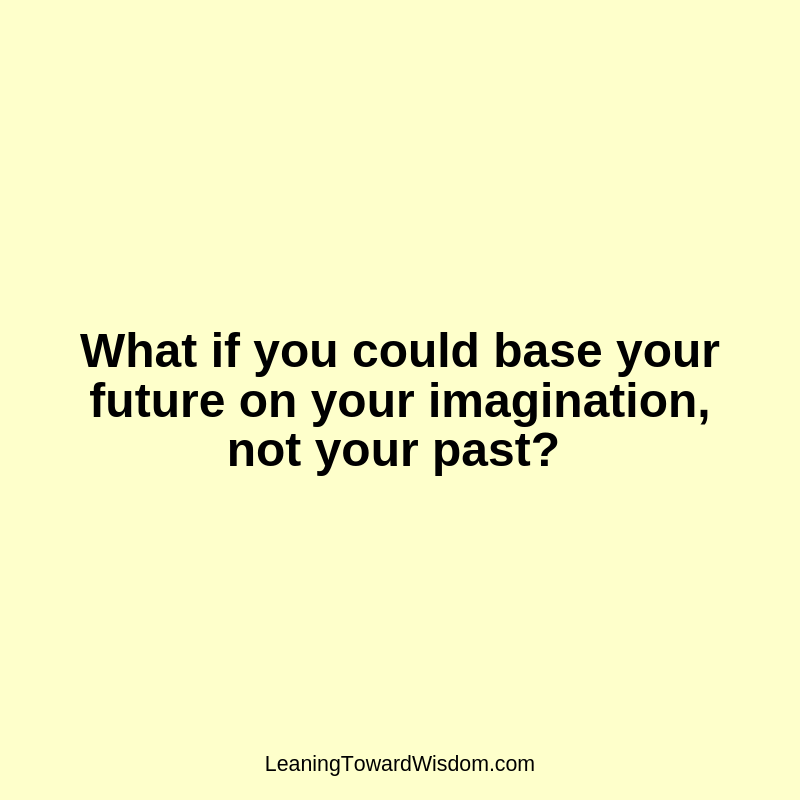
You can base your future on your imagination, but I suspect most people don’t. Instead, they get stuck in their head, focused on the past. And they allow their past to define not just their present, but their future.
The world does move fast. We could all serve ourselves better by refusing to be stuck with whatever failures and challenges mar our past. But we talked about that last week. This week let’s use the first part of the chorus to see where the ideas take us.
‘Cause people need a melody to open their eyes
Like a key to a memory frozen in time
The subjectivity of music is that you like what you like. You’re drawn to whatever you’re drawn to. Maybe it’s very different than what I’m attracted to. It’s okay.
Hip hop is massively popular, but I don’t listen to it. Ever. I don’t relate to it. It doesn’t connect with me. Nevermind that I find many of the lyrics beyond obscene and negative. I’m smart enough – and experienced enough – to know not ALL hip hop songs reek of pornographic and profane lyrics. So even if those elements didn’t exist, it still wouldn’t be my cup of tea. And that’s okay. I’m musically diverse so it’s not because I’m narrow in my tastes. I like what I like. And I don’t much like what I don’t much like. I don’t like polka music either. So there’s THAT. 😉
The great thing about a song that connects is the individual translation we apply. The listener hears a story that is personal.
Part of the thing that made Tom Petty, Jackson Browne and John Prine (just to name 3 men who earned solid reputations as songwriters) standout was their ability to write a song that many listeners felt was conveying emotions and ideas they could relate to. Stories they could see in their own lives. Stories they were either attracted to or stories they could relate to.
The same could be said of any form of storytelling, including podcasting. I suppose the story itself is a big part of it. A relatable story. But delivery is the other part.
For a song, that’s the melody. The tune.
For a podcast, it’s the tone, cadence and whatever else makes us want to listen to a vocal delivery of a story. Sure, it includes production value. This podcast has a melody. Every podcast does. Some may like it. Others may hate it. I may be good at it. I may be terrible at it. The listener always gets to decide.
Same with songs.
Or any art.
Or business.
Or most anything else you can think of.
The creators don’t get to decide. The listeners do.
Two important groups to consider – those who create the melodies and those who listen to them. But here’s the thing, we’re all filling both roles. You can’t just segregate people into one group or the other.
What do you create? Yeah, you create something. You likely create many things. Some of it is practical, like income, meals, clean laundry, clean floors, clean dishes, punctuality for the kids getting to school – those are all creations. Important ones, too. And each of them have beneficiaries, too – listeners. Doesn’t mean the listeners are as grateful as they ought to be, but there you go – melody makers don’t get to make that decision. The listeners do.
Maybe you create something else in addition to those practical melodies. Something you think is more important. But stick with this practical mundane melody making for now. What if those melodies weren’t being played by anybody. Think about how that would impact your world?
In the world of people who don’t play such melodies, there is chaos, confusion, selfishness, and ever-growing destruction. Maybe you grew up with parents who were alcoholics or drug addicts. Or worse. The melody they created for you growing up wasn’t so pleasant. But they were still playing a melody – a funeral dirge perhaps, but a melody just the same.
Hopefully, that melody opened your eyes to the decision, “I’m not going to live like this.” Or it could have closed your eyes to go the other way, “This is the way to live!”
Daily responsible living where honesty, integrity and faithfulness rule the day – and where service to the family trumps personal, individual fleeting happiness – that creates a powerful melody. So does the absence of those qualities.
It’s the funny thing about melody making. You make a melody when do something. You make a melody when you do nothing. No matter what decision or action you take, you make a melody. And others ARE listening.
Romans 14:7 “For none of us liveth to himself, and none dieth to himself.”
This proves the point that we’re all making melodies and we’re all listening to melodies. The melodies are influencing us, impacting us and helping open or close our eyes.
Yes, melodies can blind us. They can close our eyes to the realities of our life. They can close our eyes to the possibilities of our life. They can harm us. Even destroy us.
Sirens in Greek mythology were these half-women, half-bird creatures that would lure sailors to their death with beautiful sounds. Most of us have some exposure to Homer’s Odyssey where such stories are found.
Just because the melody sounds good doesn’t mean it is good. For you.
The sirens created a pleasing sound that was fully intended to cause harm. But that’s exactly what sin does. That’s what provokes all bad behavior and poor choices.
Just this week news broke that GE may be guilty of extraordinary accounting fraud. According to the forensic accountant who blew the lid off the Bernie Madoff Ponzi scheme, GE is guilty of manipulating the numbers. Time will tell I suppose.
Businesses are run by people. And people listen. To melodies they choose. When a business misbehaves it’s largely driven by greed, power or some other less-than-honorable driver. Something very selfish. Something that provides gain at a great expense to others. But the melody sounds good because it is. When what you most want is the advantage for yourself and you don’t care about anybody else.
Bernie Madoff ripped off billions from unsuspecting investors, not because he wanted to help them grow their investment, but because he wanted what he wanted. The melodies Bernie was listening to made him happy in the moment, but they ruined his life and his family. The siren of selfishness will destroy everybody every single time. That includes you and me.
Because the pleasing siren of “I want to be happy and I’m not happy” sounds good. We’re exposed to it daily. Millions are listening. Millions are heading to disaster. Finding short-term happiness I suppose – just like Bernie did. But the erosion of character. The high price paid by a lack of temperance. The constant focus on SELF. Those melodies take their toll on our lives because they lull us into living with our eyes closed. Not open. And we never see the rocks that will wreck our lives.
Rocks in the water – they’re a big driver behind Project #CravingEncouragement.

We all encounter rocks in the water and they’re not all the result of sirens. Sometimes they appear out of nowhere, the result of some shift in the world that we couldn’t see – or that we simply were unable to see. Sometimes we’re traveling in unchartered water and we simply don’t know where the rocks are. Not all rocks are the result of our foolishness.
The universal truth is that we all encounter rocks and we all struggle to deal with the aftermath. That’s where encouragement helps. Always.
We need the melody of encouragement. We CRAVE the melody of encouragement. Seems to me we can make a substantial improvement in the world if we decide we’re going to start playing the song, even if nobody is singing it to us. Somebody has to start singing it more often. And louder. It may as well be us, right?
To keep us moving forward I want to start sharing stories of encouragement. First, to prove how powerful encouragement is to everybody. Second, to illustrate how long-lasting it is. Three, to inspire all of us to do that for others. It’s a movement more than a revolution. I think it’s time we do better at being supportive of each other.
I’m dangerously close to hitting my Rodecaster Pro goal (less than $100 away). I appreciate the financial contributions people have made so far. Thank you!
You can learn more about how to participate in Project #CravingEncouragement by going to https://leaningtowardwisdom.com/craving
We all need a melody to open our eyes. These melodies can be our own creation, melodies we play and sing to ourselves. Or melodies we create but are willing to share with others. Then, there are the melodies created by others. The melodies we listen to.
For most of us, it’s a combination of the two. Self-created melodies and those created by others. Both can be destructive or productive. Sometimes they can be a smattering of both.
In the last few episodes, I’ve talked about how important it is for us to create our own melody. The tune we play that serves as the soundtrack of our life. Too many of us are playing melodies that close our eyes and foster a defeatist attitude. We limit ourselves and get stuck playing the same song most of our lives when a change in melody could have opened our eyes.
Tastes can be developed, but there’s a natural way we seem to be wired. That’s not an excuse. It’s just the truth.
Literal music or melodies can help us understand. I hate The Doors. I’ve always hated The Doors. I did buy LA Woman shortly after it came out. It was my attempt to get The Doors. It didn’t work. 😉
I love Counting Crows. I’ve always loved them. And I’ve bought every record they’ve released. But I also loved Tom Petty and have everything he and the Heartbreakers released, plus every Mudcrutch record and every Traveling Wilburys record. And I love Jackson Browne. And John Prine. Along with a few hundred other artists.
Press me with a one-word question, “Why?” — and I can give you some reasons that make sense to me, but my answers may not help you understand.
There’s music that resonates with me – not merely lyrically, but musically. And there’s music that I find very unappealing. If the melody isn’t attractive, then the meaning (the lyrics) don’t stand a chance with me. That’s just how I roll.
Melodies can have moments. Times when one is more impactful than another.
There’s a group now based in Nashville called Midnight Pilot. I love these guys. When Rocky died – a Westie dog we had for about 15 years – I was listening to a record by Midnight Pilot during the final weeks of Rocky’s life. The band had just released an EP in 2015 entitled, LET GO. The melody was just perfect for that time. I’m listening to it right now as I make notes for today’s show.
I don’t mean that melodies are restricted or limited to moments. I just mean that melodies can have a stronger impact at a moment when we need them most. We have to be open to hear them. Otherwise, they have no ability to help us see more clearly.
How long has it been since you listened to any new melodies? Think back. Go back as far as your memory can go. Has the song changed through the years? Has the song served to help you grow and improve? Do the melodies challenge you to be better? Or do they soothe you all the wrong ways – the ways that make you comfortable and complacent?
Maybe it’s time for active listening. For hearing and thinking about how the melodies are affecting us. You may have never seriously considered the melodies you create or the ones you listen to the most.
The song by The Head and the Heart is about love. Romantic love.
If you’re in love, or ever have been, then you know people may need a melody to open their eyes. But we may need a melody for all sorts of things. That includes the love we have for ourselves. Enough love to go into some uncomfortable places because that’s where growth is. Enough love for ourself that we desire melodies that will push us to places we’ve never been before. New levels of achievement. Higher accomplishment.
Encouragement is belief. Project #CravingEncouragement focuses on our ability to help each other, but it also includes our ability to encourage ourselves. To deeply believe in ourselves. Not to accept the status quo of our life, but to happily accept the challenge that we can reach a new place.
Who we think we are is what drive us. The melodies we listen to define us. It’s not about more information. It’s not even about learning new facts. Or strategies. Or tactics.
It’s about figuring out who we are – and who we most want to be. Then it’s about shutting out the melodies that would blind us or distract us from that pursuit. All the melodies that try to force their way into our ears to hold us back. It’s about our ability to manage the melodies that limit us. The melodies that prevent us from seeing who we’re capable of becoming. Who we can be.
This isn’t the stuff of empirical truth. It’s the stuff of personal truth.
I’m a lifelong fan of The Andy Griffith Show. Back when VCRs were first invented the first thing I did was record every episode. Eventually, I got the entire series on DVD. I’ve seen every episode more times than I can remember. There are so many terrific lessons brought forward in that old show. So many times when Andy was trying to show Opie how to behave. And so many times when Opie showed Andy a thing or two.
There’s an episode where Opie encounters a lineman – a man who works for the power company and climbs up trees and poles. He’s got a big belt with all kinds of tools that gangle. But Andy and Barney have never seen this character, Mr. McBeeVee. They think Opie is making up this character. Worse yet, Andy thinks he’s lying.
He confronts Opie and asks Opie to admit that Mr. McBeeVee is make-believe. Opie starts to, then confesses to Andy that Mr. McBeeVee is real and he can’t lie saying that he’s not.
Andy goes downstairs where Aunt Bea and Barney are waiting to find out how things went. Andy admits he believes Opie.
Barney: But Andy, what he told you is impossible.
Andy: Well, a whole lot of times I’ve asked him to believe things that to his mind must have seemed just as impossible.
Barney: Oh, but Andy – this silver hat, and the jingling and the smoke from the ears, what about all that?
Andy: Oh, I don’t know Barn. I guess it’s time like this when you’re asked to believe something that just don’t seem possible – that’s the moment that decides whether you got faith in somebody or not.
Barney: Yeah, but how can you explain it all?
Andy: I can’t.
Barney: But you do believe in Mr. McBeeVee?
Andy: No, no, no. But I do believe in Opie.
It’s a 4-minute clip that demonstrates pretty powerfully the importance of believing in people. And how important it is that we find people willing and able to believe in us.
People need a melody to open their eyes. Andy heard a melody. It opened his eyes. In that moment it compelled Andy to believe in Opie, even though it was beyond his understanding. He knew Opie wasn’t a kid prone to tell lies. A melody gave Andy the opportunity to disbelieve Opie and assume the worst. Or to believe Opie was telling the truth and that there was some logical explanation which he just didn’t have. Yet.
Andy kept listening to the melody that was urging him to believe in his son. Eventually, Andy goes into the woods and is lamenting how he wished he could meet Mr. McBeeVee. Suddenly, from up in the trees a man shouts down and descends. It’s Mr. McBeeVee. Andy says, “And I’ll bet you can make smoke come outta your ears, too.” 😀
Opie heard the melody first. It was the melody to tell the truth, even in the face of potential punishment from his father. Opie stood his ground and told Andy that Mr. McBeeVee was real. That resolve required a strong melody – a refusal to compromise or give in. Suddenly Andy began to hear the melody, too.
Same melody, different lessons.
For Opie the lesson was stand your ground.
For Andy the lesson was to believe in somebody you love even though you can’t yet understand what’s going on.
Madison Cunningham’s last record has a song entitled, “Song In My Head.” The melodies in our head make the difference. And just like Andy and Opie – able to hear the same melody and react differently because each had a different lesson to learn…that’s the personal nature of melodies. They resonate with us and tend to meet us where we are. They can teach us what we need to learn if we’ll just listen closely. And believe. Then act.
You know all the advice, the strategies, and tactics preached by the pundits and gurus, the so-called conventional wisdom — it’s mostly rubbish. Visit Twitter for a constant avalanche of shallow, trite, sounds-smart-but-it-isn’t advice. Most days I’m tempted to pull off the George Castanza opposite strategy. I’m listening for those melodies because something tells me they’ll work much, much better.
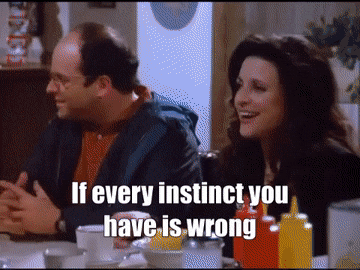
Randy
People Need A Melody To Open Their Eyes – LTW5038 Read More »
